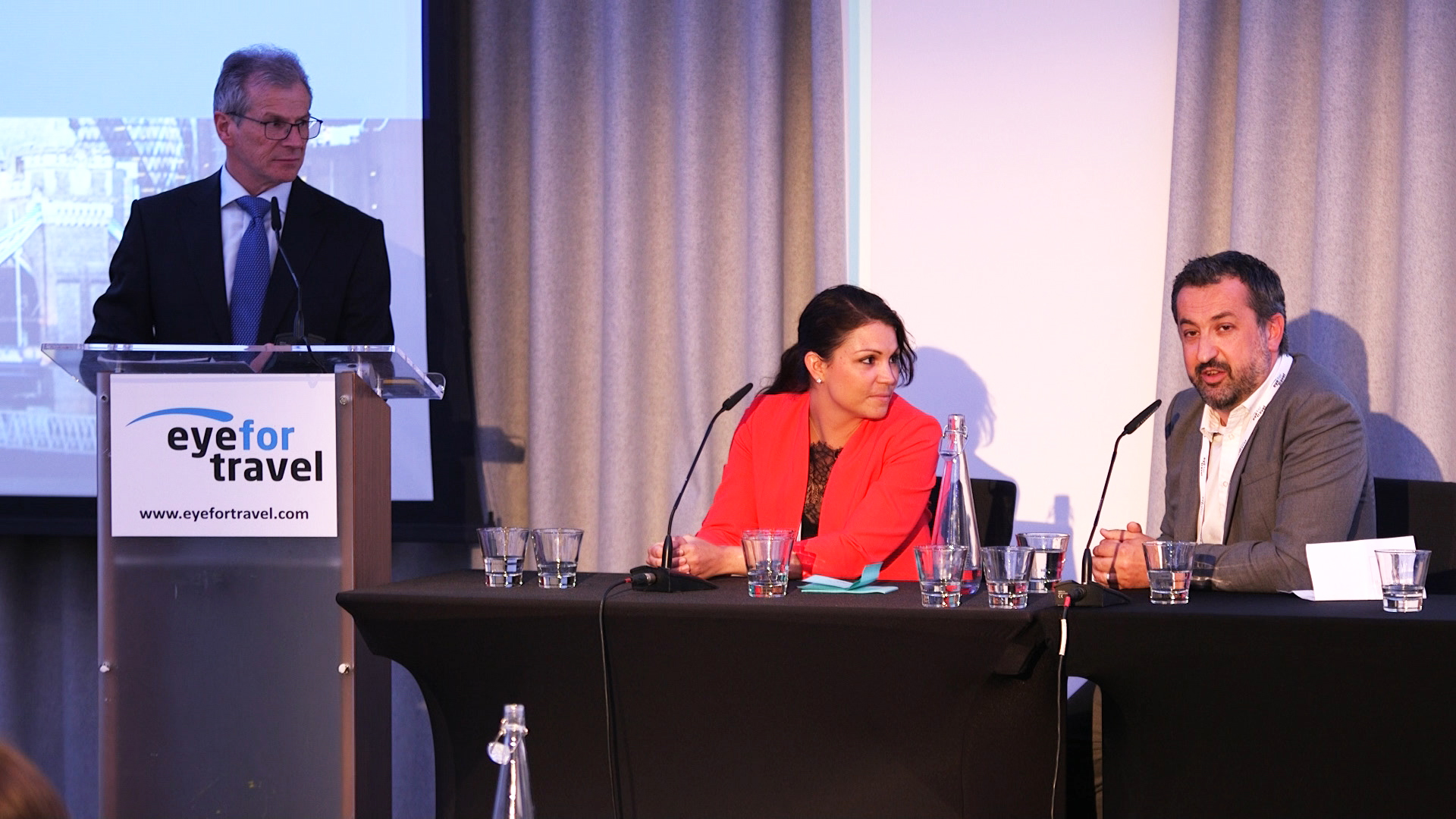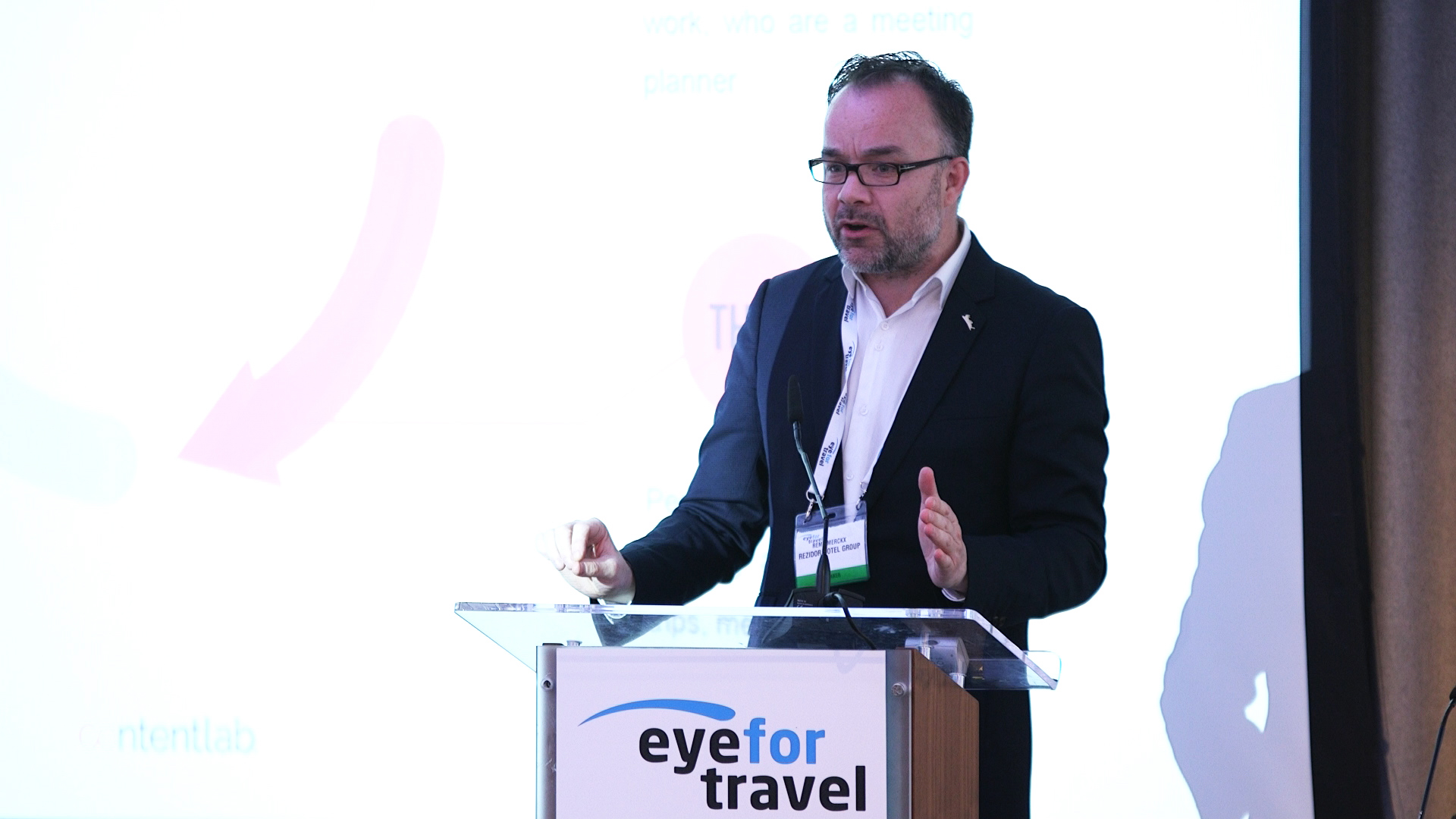Just minutes before publishing a story about how Ceetiz, a French online travel agent for tours and activities, was working to reduce its dependence on Google, the news broke that the US search giant had been slapped with a €2.4bn fine by the European Commission.
In the EyeforTravel office near Spitalfields, not far from where next year’s European Summit will be held, there was a collective gasp. “This is big news,” said Tim Gunstone, EyeforTravel’s managing director. “We need to find out what the industry thinks and if anybody from the travel industry is lobbying the EU specifically.”
EyeforTravel approached the European Commission which confirmed that, yes, there are on–going complaints concerning flights and hotels, and pointed to Commissioner Margrethe Vestager’s press statement last week that said:
"We have been looking into these [other Google products]. And today's decision is a precedent, which can be used as a framework to analyse the legality of such conduct. At the same time, we would have to take account of the characteristics of each market and the facts in a specific case."
…we would have to take account of the characteristics of each market
European Commissioner Margrethe Vesta
Lobbying to rein in Google's moves in travel have been taking place in various ways for some time. Back in 2010, for example, Kayak and Expedia launched its coalition website Fairsearch.org to oppose the Google–ITA software deal. Meanwhile, organisations like the European Technology and Travel Services Association (ETTSA), which represents leading online travel agencies (OTAs) and global distribution systems (GDSs), have been working to highlight how Google’s conduct is significantly impacting competition in travel, the single largest vertical search market. This competition, says Christoph Klenner, Secretary General of ETTSA, has been “at the expense of consumers and of Google’s competitors”.
Though travel industry executives are less inclined to speak out, perhaps for fear of being disadvantaged in search, there are exceptions. One activist for airline interests is CarTrawler CTO Bobby Healy, whose opinions can be read in more detail in a story yesterday titled Google Flight Search: a dead man walking?

His efforts have been welcomed by Peter Bellow, group chief executive of Malaysia Airlines who, at a recent CAPA Airline Summit in Dublin, reportedly said: “We should give Bobby Healy a knighthood. Most people are afraid to say Google is peddling a kind of snake oil.”
While Healy is supportive of traditional lobbying he is “raising awareness directly with the airlines via direct conversations at the CXO level and also via talks at trade shows. ” This approach to “’out’ Google strategy in public and make it very clear what they are doing” is, he says, “way more fun”.
It’s also, arguably, more effective. As Rod Cuthbert, who spoke to EyeforTravel in his personal capacity as a travel industry veteran, puts it: "This is a long anticipated result and not a surprise. But based on how long the ruling took to arrive, you have to wonder how long it might take the Commission to deliberate on travel.”
While it remains to be seen if travel is next on the European Commission’s list of priorities, the signs are positive. After all, Google has been fined for “promoting its own comparison shopping service in its search results, and demoting those of competitors”. And you only have to enter ‘Flights to Barcelona’ or ‘Hotels in Berlin’ to know that Google is doing exactly the same thing with Google Flight Search and Google Hotel Finder.
Although Healy categorically disagrees, and this is certainly debatable, some argue that with Flight Search, Google is delivering a superior user experience. As a commentator on yesterday’s story puts it: “I happen to greatly prefer Google's flight search. I find other airfare sites too slow and clunky to use.”
Not so – yet – with hotel search, says one hotelier, who preferred to share his views anonymously. So far this has worked in the online travel agents (OTAs) favour, as the success of their business, he argues, has been based on the fact that Google, until now, has not delivered the right [hotel] results for consumers.
However, while the Google carousel may not be delivering the best hotel results, consumers seem to prefer this user experience. In the view of this hotelier: “Nobody is wanting to go back to those text-based ad clicks [as shown in the image below] to get the desired experience. It’s much easier to click results in the carousel.”

The fact that users like the Google carousel is good news for hotels which have signed up for Google Hotel Price Ads. After all, these were introduced to supposedly drive more direct bookings to a hotel’s own website, and reduce OTA commissions of anything between 15% and 30%. With Google’s ad commission set at around 12%, and a user experience that seems to be winning, that’s clearly good news.
But is it fair? For the OTAs, which have invested heavily in, and continue to invest in the user experience, the answer is no. Because not only is Google now fleecing them for advertising revenues, it’s also stealing customers. Users are drawn first to the carousel, even if these aren’t the best results, and are less inclined to return to Google Ads.

Good news, but for who?
Undoubtedly, Google has the data and the technological know–how to become the Amazon of travel, and actively promote Google Hotel Finder. But with the European Commission’s recent ruling that now looks unlikely, as it seems likely that Google is in the losing seat.
Good news for the OTAs but maybe not such great news for consumers, says the anonymous hotelier. He believes that "if as a consequence of the ruling, Google slims down the carousel usage, then the consumer loses out”.
So what is the solution?
Nobody is disputing that Google is and will continue to be a major innovator in travel but maybe the carousel could be used more fairly. Back in April in an EyeforTravel story titled Dear Google, lend us the travel industry your ears, please we suggested this giant of search “may well be thinking through ways to work with intermediaries that allows them to participate in new models, as they have with hotels”.
One option, the story continued, would be for the ‘Google Results’ that currently appear at the top of the page to be a blended result of direct supply from hotels, airlines and so on, as well as from OTAs and metasearch engines. With travel intermediaries strong brand clout, along with the push to become more consumer focused, EyeforTravel argued that this model could continue to be a win–win for all.
At the time, one senior executive said he was sceptical but maybe he was wrong. With people like Healy calling for a dedicated travel industry council with teeth, and regulators on high alert, the pressure on Google is rising. Maybe now Google will acknowledge that it’s time to let all riders in travel enjoy the carousel.
Join us at one of our upcoming events to hear more from senior executives like Healy and learn how to succeed in the turbulent and competitive travel industry






























